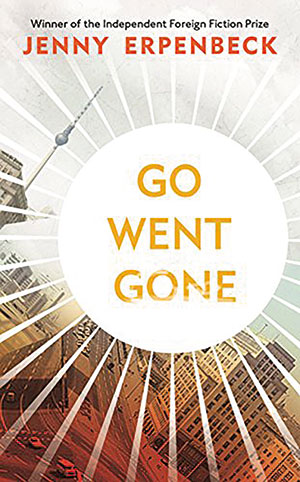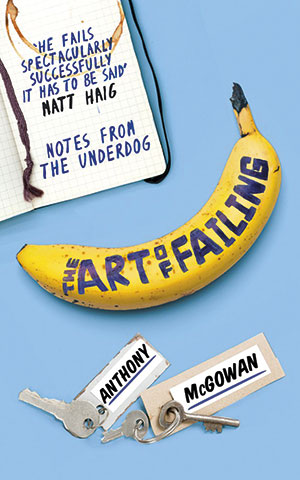It’s perhaps an inescapable subject for an artist, but acclaimed German novelist Jenny Erpenbeck has gone further than most in examining the ephemeral nature of human life. She took revelatory liberties with multiple beginnings and endings in The End of Days, 2015 winner of the prestigious Independent Foreign Fiction Prize. And in her new book, Go Went Gone – well, the title alone makes clear she’s still fixated with the passing of time.

Go Went Gone centres around widower Richard, a popular classics professor settling into a threateningly lonely retirement. Without an occupation, and no children, he is increasing conscious of the low impact his withdrawal from his old life will have on those with whom he once had ostensibly deep-seated connections. He is fading from view and the world is simply not noticing; or at least, appears to be taking his imminent absence with a pinch of salt. He tries to invest meaning in his new life at home, but with an academic’s sceptical eye, sees that his accumulated knowledge, his mountain of possessions, and his boxed-up memories won’t amount to a hill of beans once he’s gone.
This is an immensely ambitious novel, tackling a wide, complex range of themes
Richard’s wandering curiosity is diverted by a group of African refugees who have gathered on Berlin’s Alexanderplatz. Their wordless hunger strike has created ‘a great silence’ in the noisy, busy city centre hub. With a curiosity initially voyeuristic and dispassionate, Richard visits the men to probe them with journalistic questions. Inevitably, he forms strong emotional attachments as the refugees’ terrible and tragic stories burn into him.
This is an immensely ambitious novel, tackling a wide, complex range of themes. It is about the arbitrariness of borders, both literal and metaphorical, and the notion of foreignness as opposed to belonging. (Richard’s personal sense of both states waxes and wanes, whether he is considering his identity an East German Berliner or a lonely widower in the home decorated by his late wife.) It is about the complex nature of comprehension and compassion, and the search for a empathetic plane between foreign minds (music may provide an answer, albeit brief). It constantly seeks evidence of permanence below surfaces – the novel is full of subterranean references, from the catacombs to the underground subways, from tree roots to graveyards.
It is ultimately Erpenbeck the novelist – wise, caring and profound – who triumphs in this heart-rending plea for universal tolerance and respect
It is also of course a clarion call, a righteous protest against dehumanising government systems, the spread of misinformation through social media, and the privileged historians’ hierarchy of witnesses. There are mis-steps; the philosophical questions the novelist poses about transience, empathy and solitude don’t always marry tonally with the lobbyist’s rage over the injustices of the bureaucratic immigration system. Fortunately it is ultimately Erpenbeck the novelist – wise, caring and profound – who triumphs in this heart-rending plea for universal tolerance and respect.

If Go Went Gone leaves you gut-wrenched and in need of light relief, I recommend the laugh-out-loud travails of Anthony McGowan as eloquently recorded in his new book, The Art of Failing.









